Reproductive Justice and the Catholic Church
By Emily Reimer-Barry (Rowman & Littlefield, 2024)
The first time I became uncomfortable with pro-life activism was when I discovered the possible origin of the slogan “We are the pro-life generation.” After the 1955 murder of Emmett Till, young African Americans organized for civil rights, declaring themselves the “Emmett Till generation.” White, conservative activists seem to have appropriated their slogan.
In her new book, Reproductive Justice and the Catholic Church, moral theologian Emily Reimer-Barry looks at the “shadow side of the pro-life movement” as part of a wide-ranging examination of reproductive justice in Catholic thought. “It’s time for a new conversation . . . about pregnancy and pregnancy loss that centers women’s experiences,” Reimer-Barry argues. Abortion sucks up all the air in discussions of reproductive justice, but, as she says, it “is not the focus of the reproductive justice movement”—though it is an important part.
A member of that “pro-life generation” herself, Reimer-Barry grew up in a white Catholic Republican household in the deep South and was active in pro-life youth activities, including the March for Life in Washington, D.C. She writes as someone “personally complicit in the problems this book identifies.” Surveying Catholic views on reproductive justice, from Roe v. Wade in 1973 to the overturning of the ruling in 2022, she shows how moral absolutism has dominated the church’s focus. There’s a real need, she argues, for the church to listen closely to women, especially to their experiences with pregnancy and pregnancy loss.
This is no dry academic tome. Reimer-Barry brings to her work a love for the Catholic tradition and hope for its future. The book ends with a plea for the value of women’s lives and human dignity and offers an appendix of spiritual readings useful for anyone seeking to reflect on the book’s themes.
—Michelle Arnold
Sweet Hunter: The Complete Poems of St. Teresa of Ávila (Bilingual Edition)
Translated by Dana Delibovi (Monkfish, 2024)
Teresa of Ávila is the saint with the books, not the roses. So went my earliest attempt to distinguish her from Thérèse of Lisieux. Both are towering figures in Catholicism and doctors of the church. Teresa lived in 16th-century Spain; she was a Carmelite reformer, a mystic, and a prolific writer.
In addition to an autobiography, she wrote two books of instructions for the monastic life, The Book of Foundations and The Way of Perfection. She is more widely known for The Interior Castle, which describes how the soul inhabits successive mansions on its journey to the innermost crystal castle of God’s presence.
And she wrote poetry. Not many, only 31 poems, but all on the same themes as her prose. In Sweet Hunter: The Complete Poems of St. Teresa of Ávila, A New Translation with Commentary, poet Dana Delibovi delivers as promised. Drawing on her lifelong fascination with Teresa, Delibovi offers a lively English translation alongside the original Spanish and excellent essays that open Teresa’s sometimes hidden depths for readers.
The poems range from joyful and humorous to profoundly mystical. “New Clothes” is a dialogue between Teresa, exhorting the sisters to pray constantly and rejoice in their vocation, and the sisters in her convent, who respond to everything with yes, but: “Free this sackcloth we wear / from these evil lice.” In the cycle of nativity poems, the newly circumcised baby Jesus “begins the fight / his blood is pouring out.”
Most precious are the poems in which Teresa shares interior experiences: the self-immolation and humble submission of “I Am Yours,” the agony of spiritual dryness in “To Live Without Living,” the wisdom of “Soul, Seek Yourself in Me.” “Quien a Dios tiene / Nada le falte” wrote Teresa so long ago: “Whoever has God / lacks nothing.” These are words worth revisiting.
—Maryanne Hannan
Briefly noted:
Even After Everything: The Spiritual Practice of Knowing the Risks and Loving Anyway
By Stephanie Duncan Smith (Convergent Books, 2024)
Duncan Smith, after losing her first pregnancy on the winter solstice, mirrors the movements of the liturgical calendar in her own personal experiences of loss and salvation.
Journey to Eloheh: How Indigenous Values Lead Us to Harmony and Well-Being
By Randy Woodley and Edith Woodley (Broadleaf Books, 2024)
Randy Woodley and Edith Woodley teach of Eloheh—a Cherokee word meaning harmony and peace—as something to aspire toward through 10 Indigenous values.
Mission-Ready Friendship: A Blueprint for Deeper Relationships and Life-Changing Faith
By Jason J. Simon (Ave Maria Press, 2024)
Simon explores how we can befriend our community members and develop more meaningful personal relationships.
This article also appears in the October 2024 issue of U.S. Catholic (Vol. 89, No. 10, page 39). Click here to subscribe to the magazine.


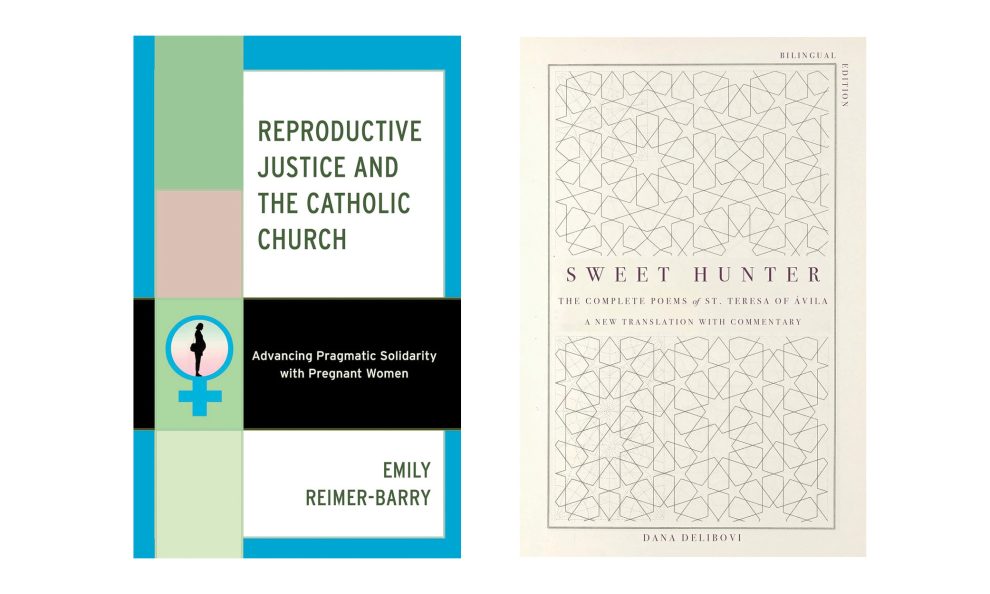
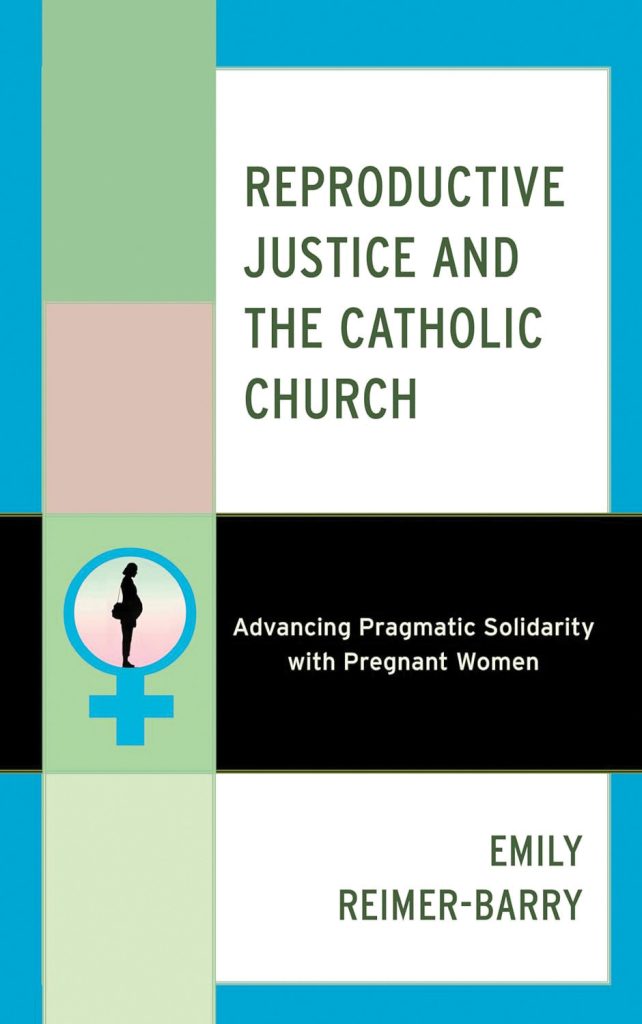

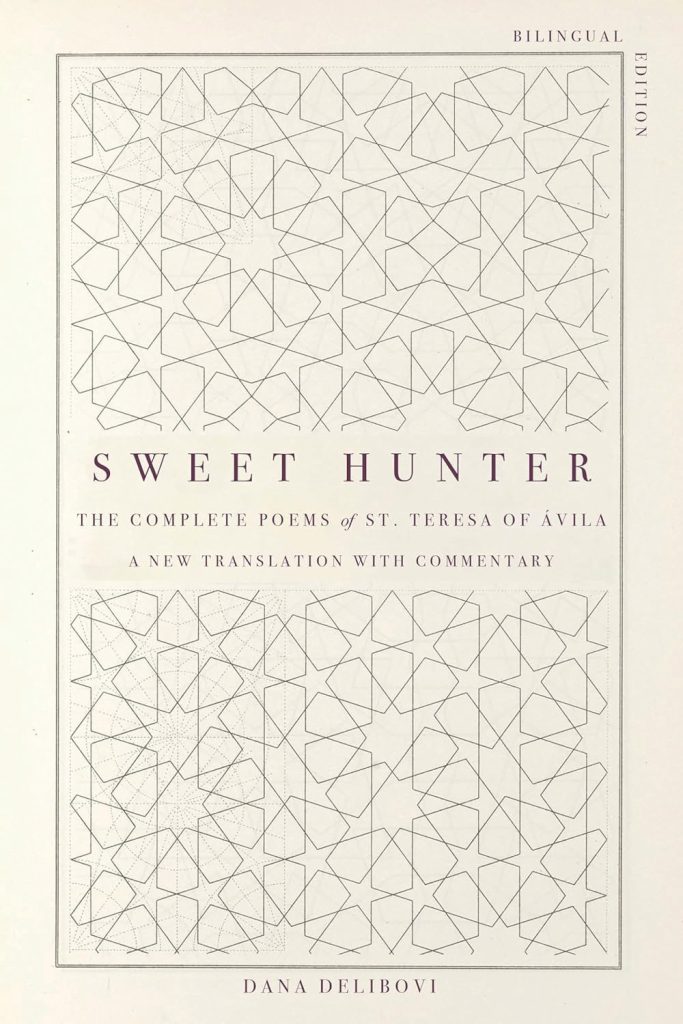
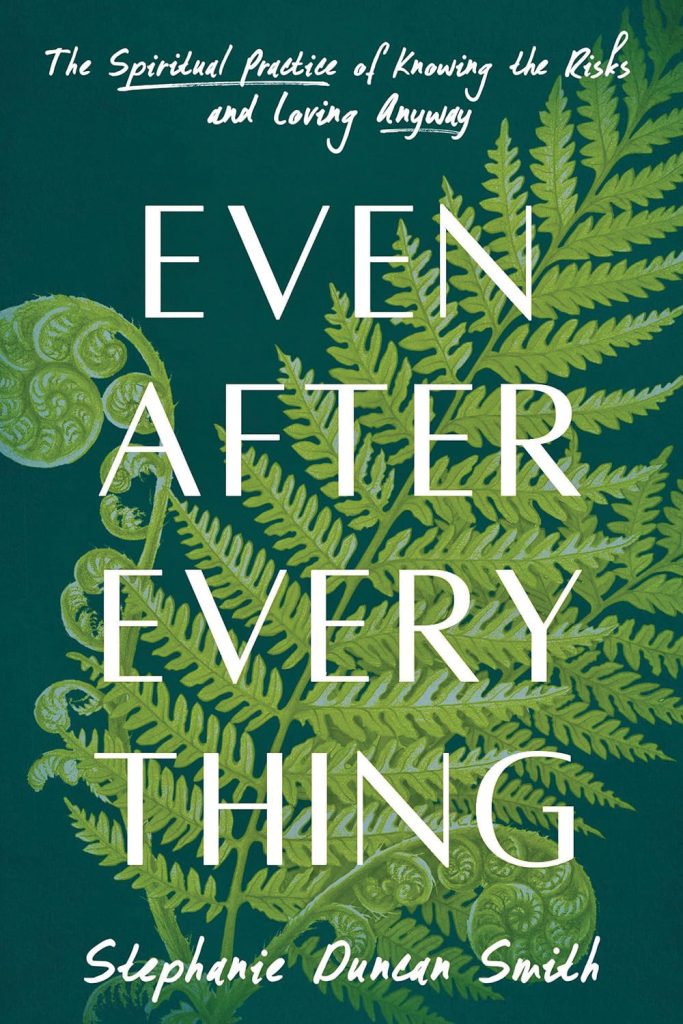
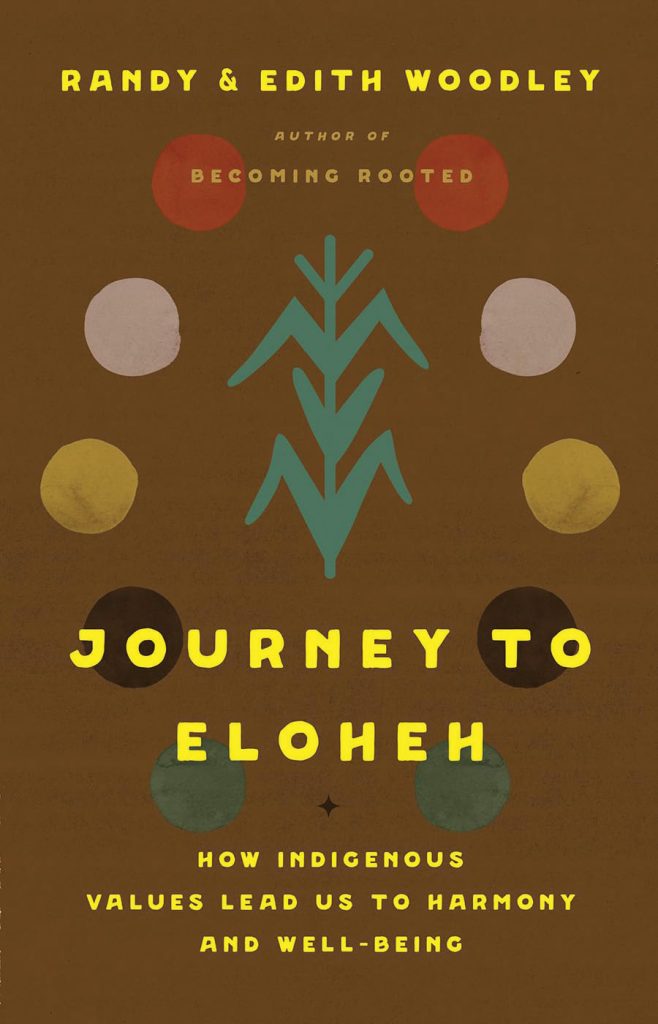
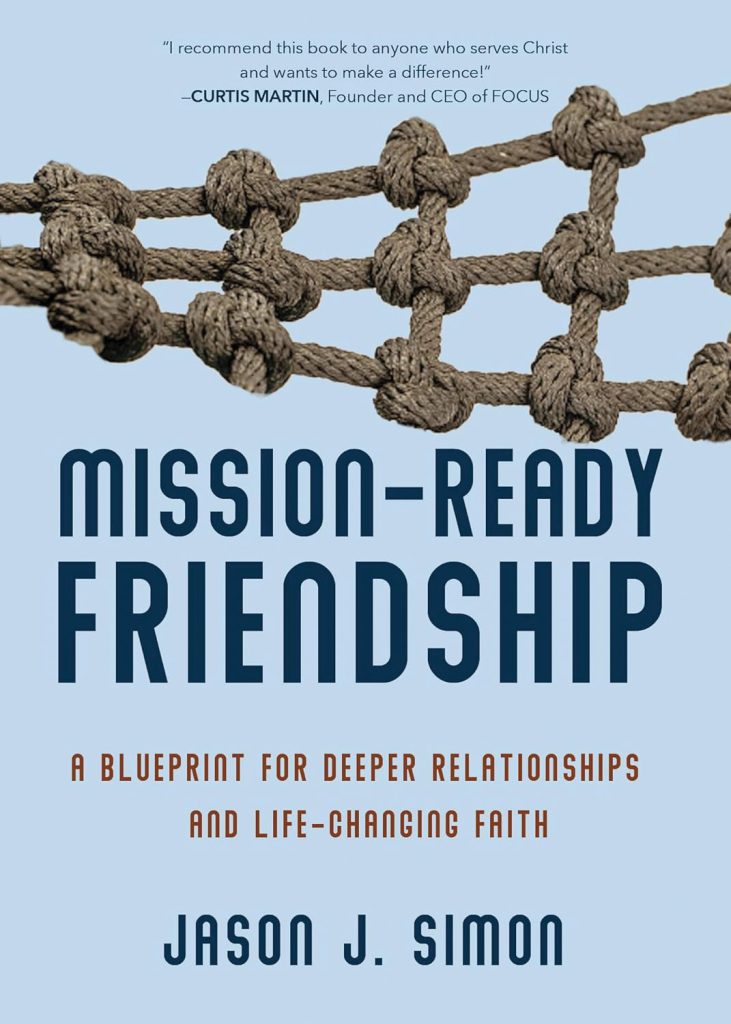










Add comment